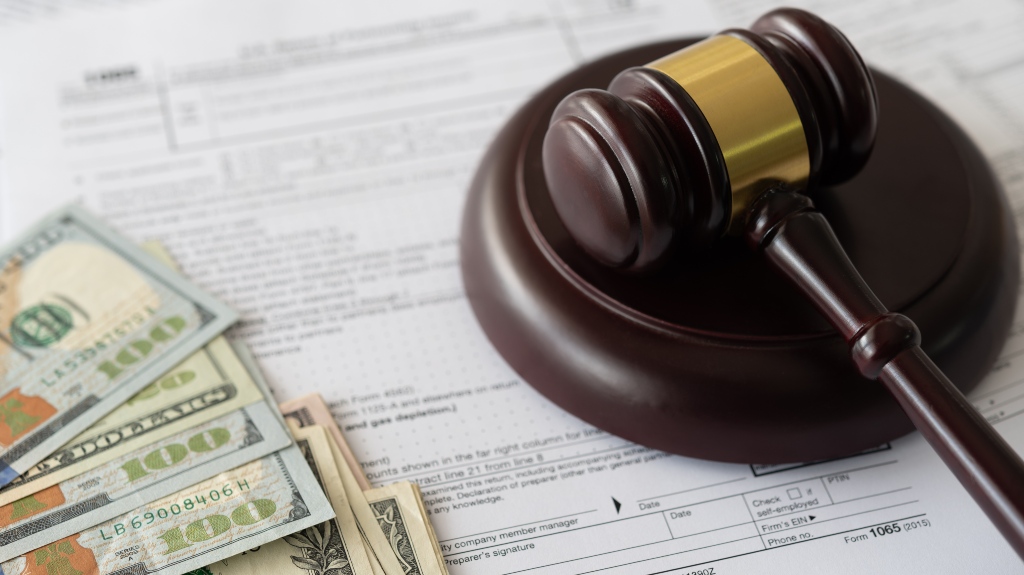How To Appeal a Property Tax Assessment in Texas

As a property owner in Texas, you’re likely aware that yearly property tax assessments can significantly affect your finances. But what can you do if you think the appraisal district has assessed your property too high? Luckily, Texas law allows you to contest that assessment.
In this guide, we will review the appeal process, deadlines, and practical tips to help you protect your rights and your wallet.
Understanding Property Tax Assessments
Each year, your local appraisal district determines the market value of your property as of January 1. This valuation is used to calculate your property taxes. While appraisal districts strive for fairness, mistakes can happen. Factors such as incorrect square footage, overlooked property damage, or outdated data could lead to an inflated value.
When Should You Consider an Appeal?
You may want to file an appeal if:
- The appraised value is higher than the market value of your property.
- Your property is not appraised in line with similar properties in your area (this could signal unequal appraisal).
- There are errors in your property record, such as incorrect lot size or improvements that don’t exist.
- The property suffered damage (from storms, fires, etc.) that wasn’t accounted for in the valuation.
Steps to Appeal a Property Tax Assessment in Texas
Review the Notice of Appraised Value
Your local appraisal district will mail this notice, typically in April or May. Review it carefully, and verify that all details about your property are correct.
File a Protest
To challenge the assessment, you will need to file a Notice of Protest (Form 50-132) with your county’s appraisal review board (ARB). The deadline is either May 15 or 30 days after the appraisal district sends your notice, whichever comes later.
You can file your protest:
- Online (many counties provide portals)
- By mail
- In person
Prepare Your Evidence
Successful appeals rely on solid evidence. Consider gathering:
- Recent sales data for comparable properties
- Independent appraisals
- Photographs showing damage or factors that reduce your property’s value
- Documentation of incorrect property records
Attend the ARB Hearing
After you file your protest, the ARB will schedule a hearing. At this informal meeting, you can present the case and evidence. The appraisal district will also present its side.
Be respectful, stay focused on facts, and clearly explain why you believe your property’s value should be adjusted.
Consider Further Appeal
If you are unhappy with the ARB’s decision, you have other options to consider.
- Binding arbitration (for most residential properties)
- Appeal to the state district court
- Appeal to the State Office of Administrative Hearings (SOAH) (available in certain cases)
Each choice comes with its own procedures, costs, and timelines. That’s why it’s wise to consult an experienced attorney to help you choose the best path forward.
Tips for a Strong Property Tax Appeal

- Act early. Don’t wait until the last minute to file your protest. Early preparation gives you time to gather evidence.
- Be organized. Bring clear, concise documentation to your hearing.
- Stay professional. ARB hearings are formal proceedings. Present your case calmly and stick to facts.
- Consult a lawyer. Complex cases, primarily involving commercial property disputes or high-value residential properties, may benefit from legal representation.
Contact Our Legal Team Today To Learn More
Appealing a property tax assessment in Texas can feel intimidating, but the process is designed to ensure fairness for all property owners. With preparation and the right guidance, you can effectively challenge an inaccurate valuation.
At Coleman Jackson, P.C., we help property owners navigate property tax disputes with confidence. If you believe your property has been over-assessed, contact us today to discuss your options.
This law blog is written by the attorneys at Coleman Jackson, P.C., located at 6060 North Central Expressway, Suite 620, Dallas, Texas 75206, for educational purposes only. It does not create an attorney-client relationship between this law firm and the reader. You should consult with legal counsel in your geographic area regarding any legal issues affecting you, your family, or your business.
Coleman Jackson, P.C. | Tax Law, Business Law, Immigration Law | English: (214) 599-0431 | Spanish: (214) 599-0432“

